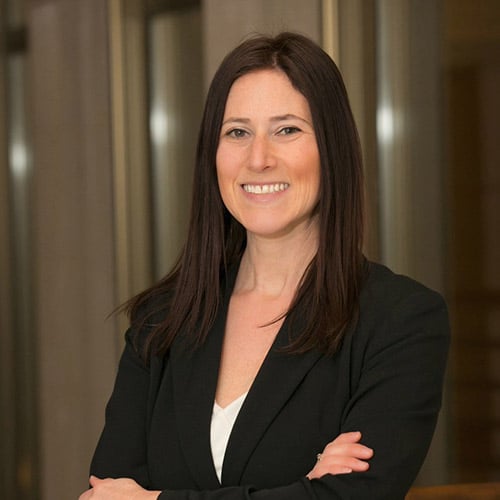In the state of Wisconsin, marital property is the term used during divorce proceedings to describe property that was acquired after the marriage took place and is shared by both parties. It is important to note that it does not matter which spouses name is on the title or deed. Simplified, marital property is any property acquired by either spouse after two parties are married. In the event of a divorce, the court will divide marital property equally, and will award individual property to the appropriate spouse.
Individual property can include:
- Property owned by one spouse before marriage
- Any property given as a gift to just one spouse
- Property inherited by just one spouse
Property acquired before marriage is considered to be the individual property of the spouse who acquired it. However, property can lose its individual property status if it has been co-mingled with marital property. For example, if property was acquired before the marriage by one spouse but has risen in value due to the efforts and/or labor of the other or both spouses, the appreciated value may be considered marital property.
Also, property inherited or given as a gift by a third party to one spouse is considered individual property. Although inherited and gifted property is considered separate property, if it is co-mingled with marital property it can lose its separate property status. For example, if inherited money is deposited into a joint bank account it will likely be considered marital property.
Although there are very specific laws in Wisconsin relating to individual versus marital property, Wisconsin divorce courts are courts of equity. This means that general fairness can be considered by courts when dividing property in a divorce. For example, in some instances, property owned by one spouse before the marriage can be considered as community property if that property can be shown to have benefitted both individuals during the marriage.
Attorney Shari Lynn Stevens has worked extensively with residents of Northeastern Wisconsin to secure their financial freedom through filing Chapter 7 and Chapter 13 bankruptcies. She also advocates and represents disabled clients in their Social Security disability claims.



